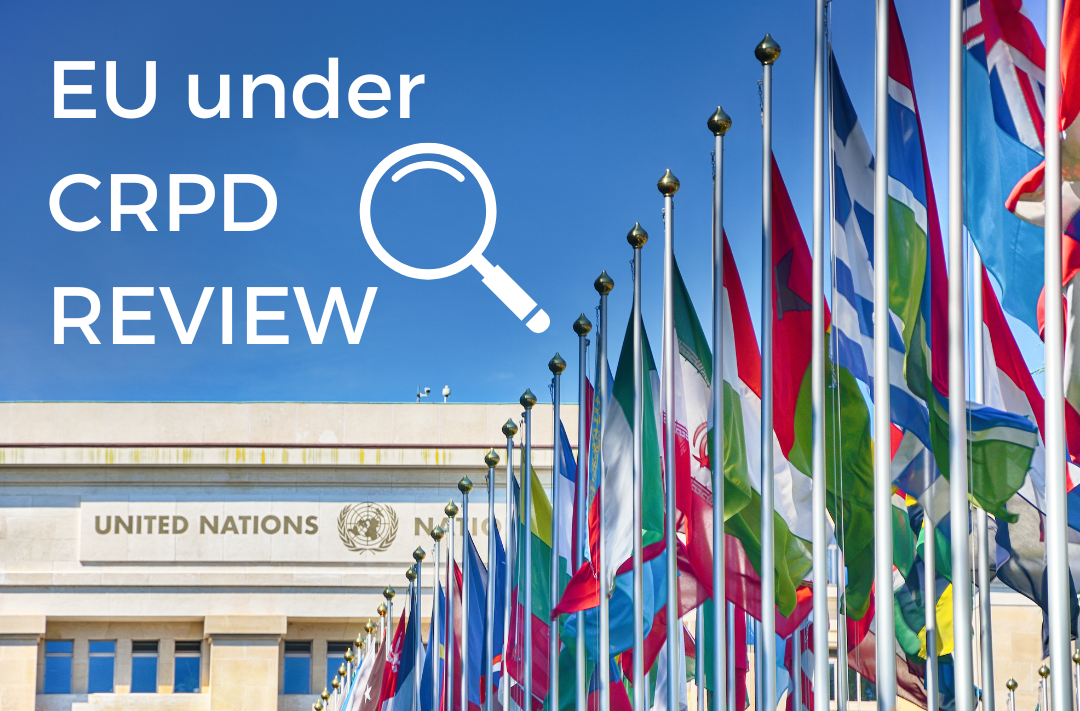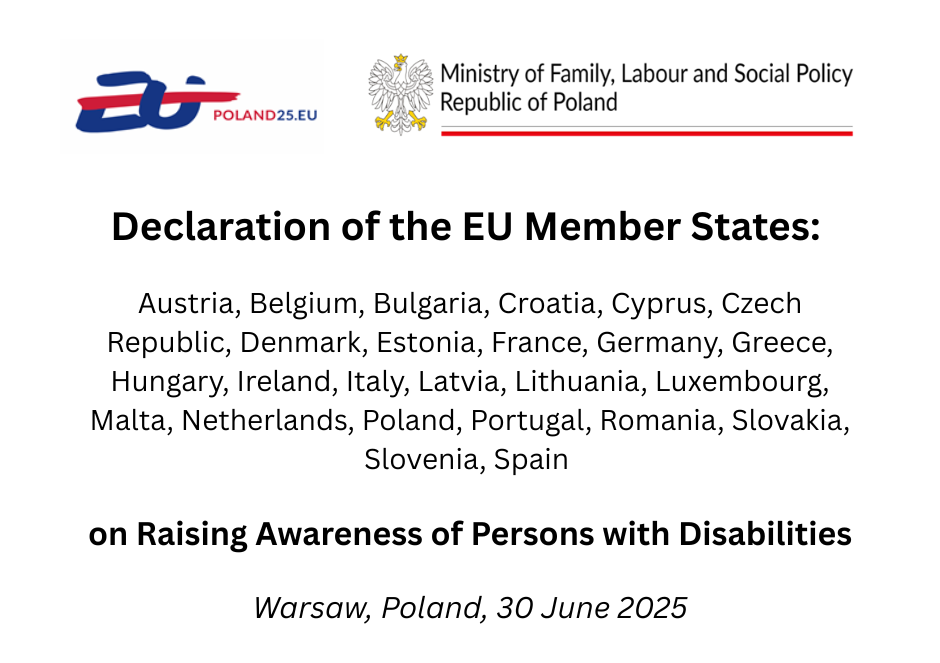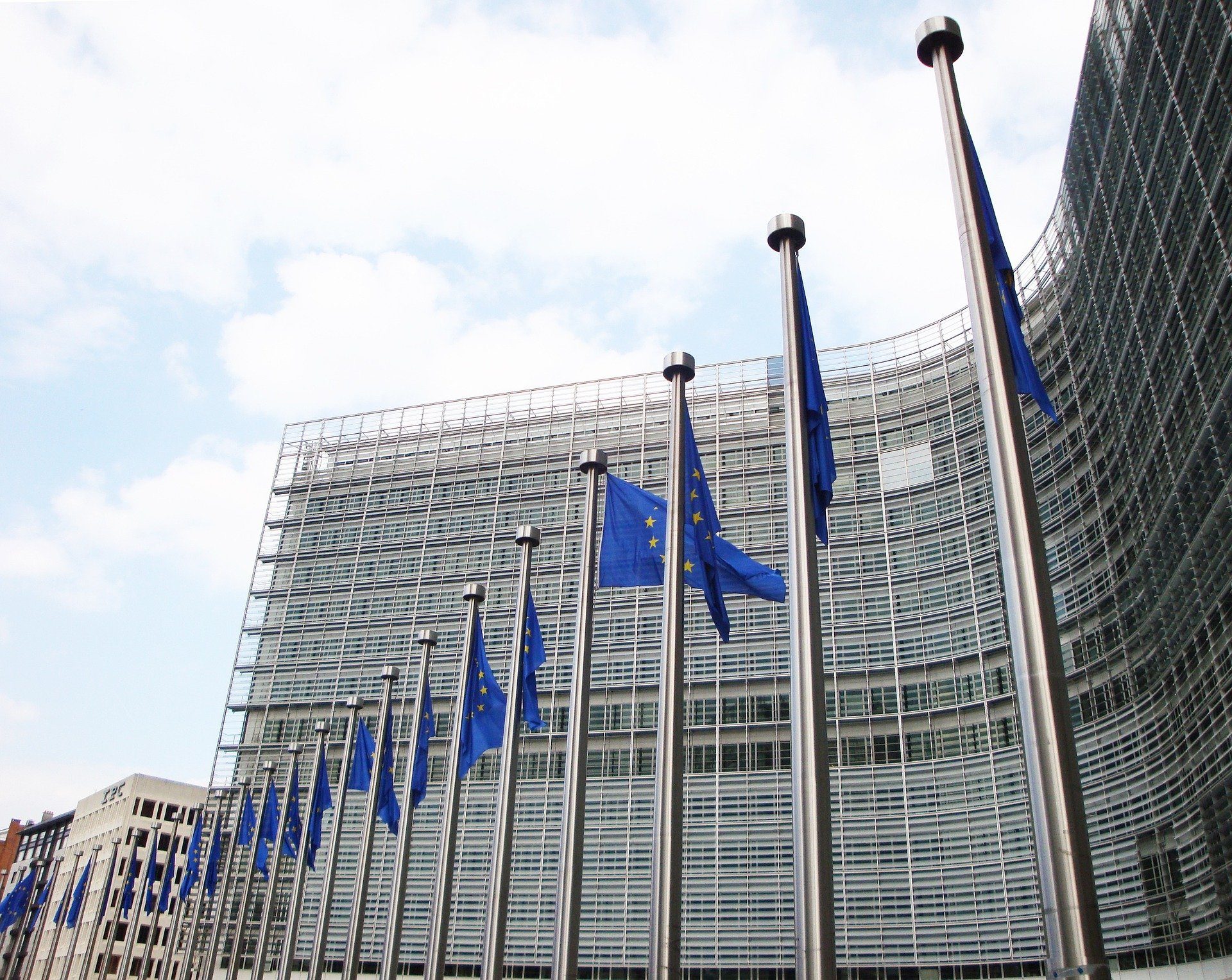Held on 11–12 March 2025, the European Union (EU)’s review by the United Nations Committee on the Rights of Persons with Disabilities (CRPD Committee), was a crucial moment for the protection of the rights of persons with disabilities in Europe. The EU is the first international organisation to have ratified the UN Convention on the Rights of Persons with Disabilities (UNCRPD). This entails an obligation for the EU to ensure that all its policies and legislation comply with the Convention.
The result of the review is an evaluation report known as the ‘Concluding Observations’. IF followed the process closely and supported the wider disability movement in advocating for stronger EU action.
While the report recognises some progress made in the last decade when it comes to the EU’s implementation of the UNCRPD, it also highlights the need for further action to ensure equal access and opportunities for persons with disabilities. The CRPD Committee emphasised the need for better allocation of EU funds, an updated Disability Rights Strategy, and a closer involvement of representative organisations of persons with disabilities.
Key concerns and recommendations from the report
Amongst others, serious concerns were raised on:
- The proposed withdrawal of the Equal Treatment Directive;
- Insufficient existing mechanisms to monitor the implementation of the CRPD;
- EU’s failure to adequately address the specific rights of women with disabilities;
- The subordinate legal status of the CRPD in the EU legal framework;
- The proposed legislation on cross-border protection of adults that breaches the CRPD standards;
Amongst others, the CRPD Committee called on the EU to:
- Carry out a thorough assessment of EU law’s compliance with the CRPD;
- Take stronger action against forced treatment and coercion, including opposing the draft Additional Protocol to the Oviedo Convention;
- Monitor the use of EU funds and stop funding practices that lead to institutionalisation;
- Act to prohibit forced sterilisation across Europe;
- Ensure public procurement does not support sheltered employment;
- Updated the Disability Rights Strategy, underpinned by concrete legislation and policies;
- Go beyond the European Disability Card to ensure freedom of movement;
- Strengthen EU institutions’ internal processes to support staff with disabilities.
IF supports these recommendations and will continue working with partners to ensure they are reflected in the next EU Disability Rights Strategy and the post-2027 EU budget.
You can download to IF Information Package here: https://bit.ly/4kPgpVB





